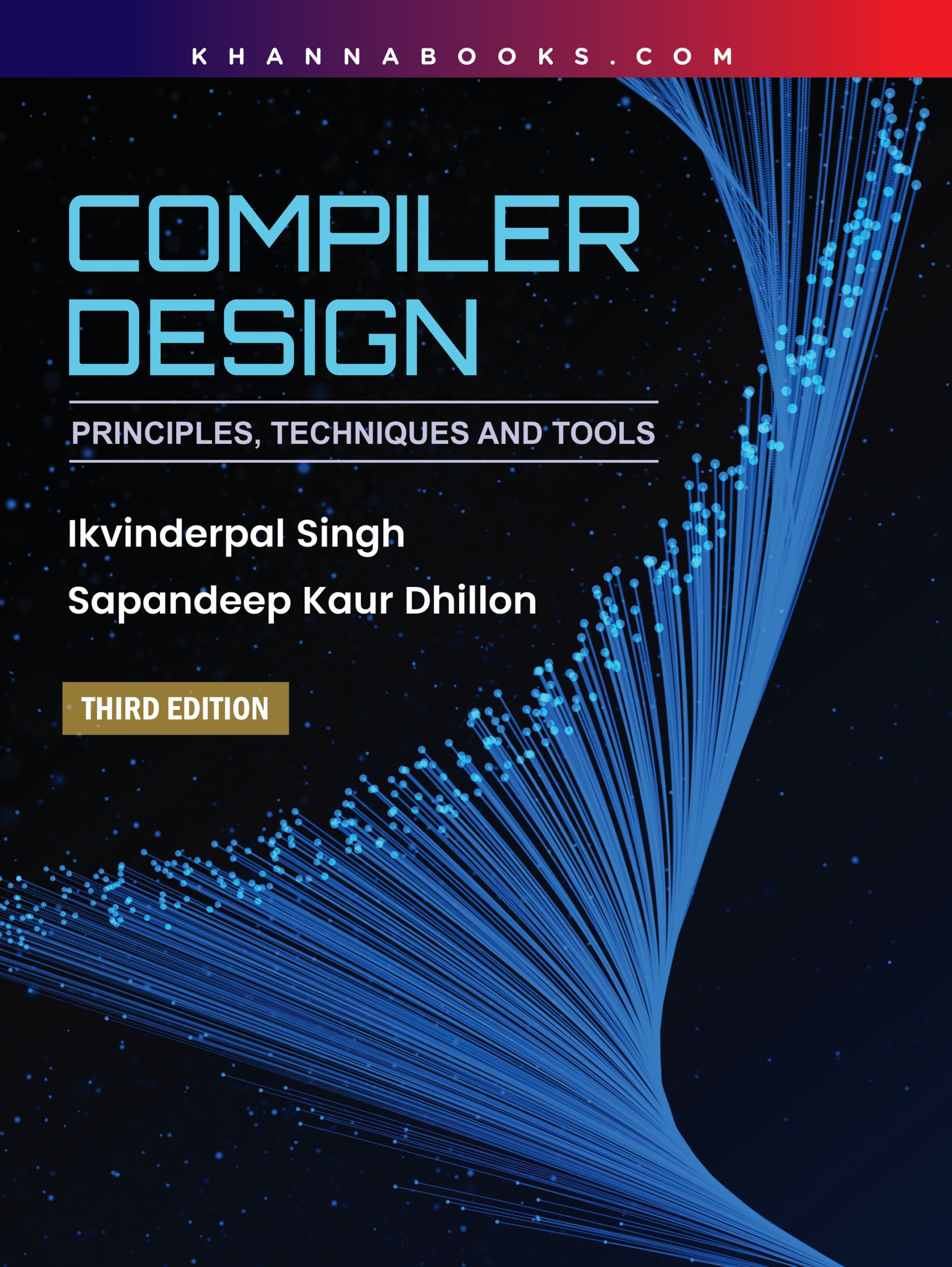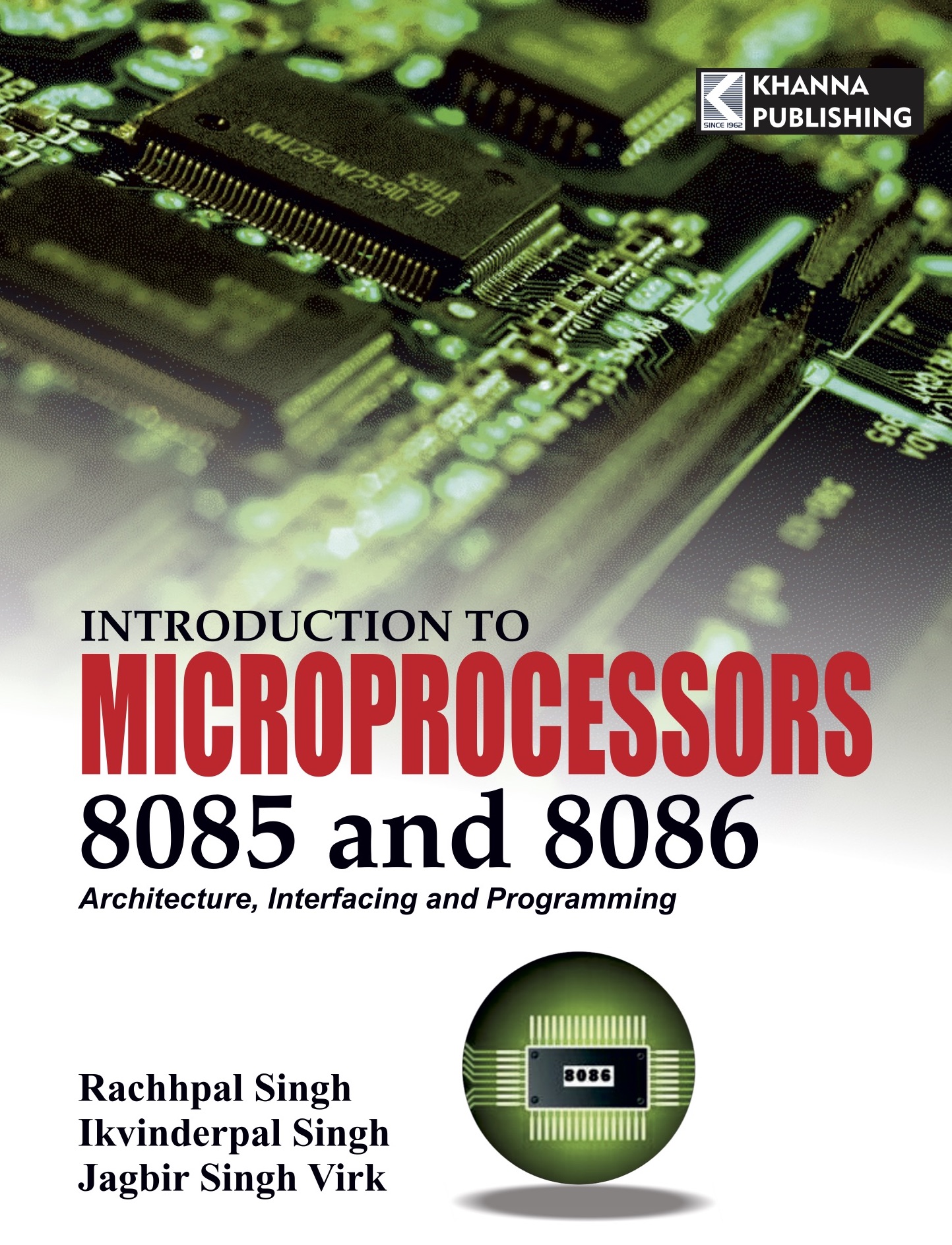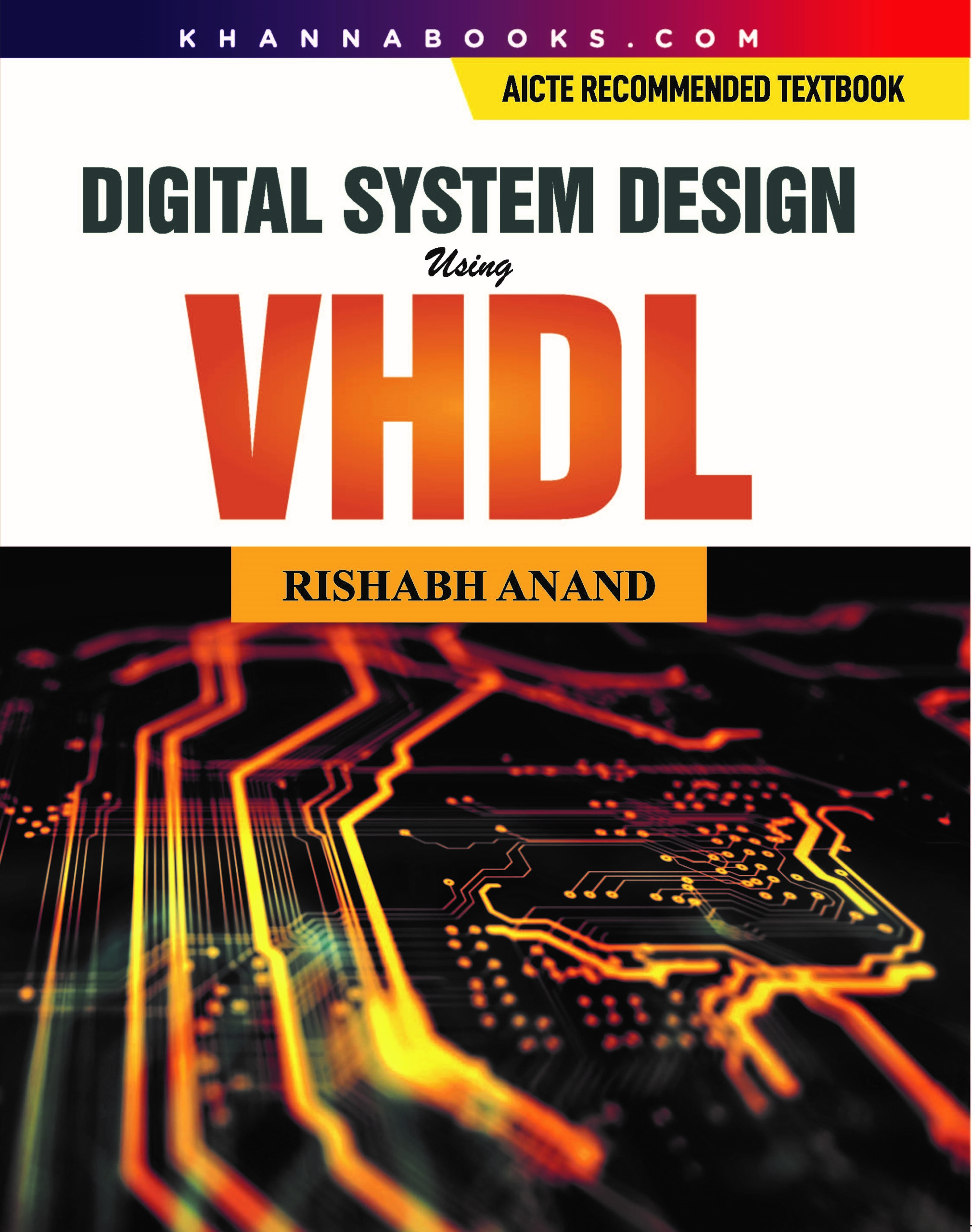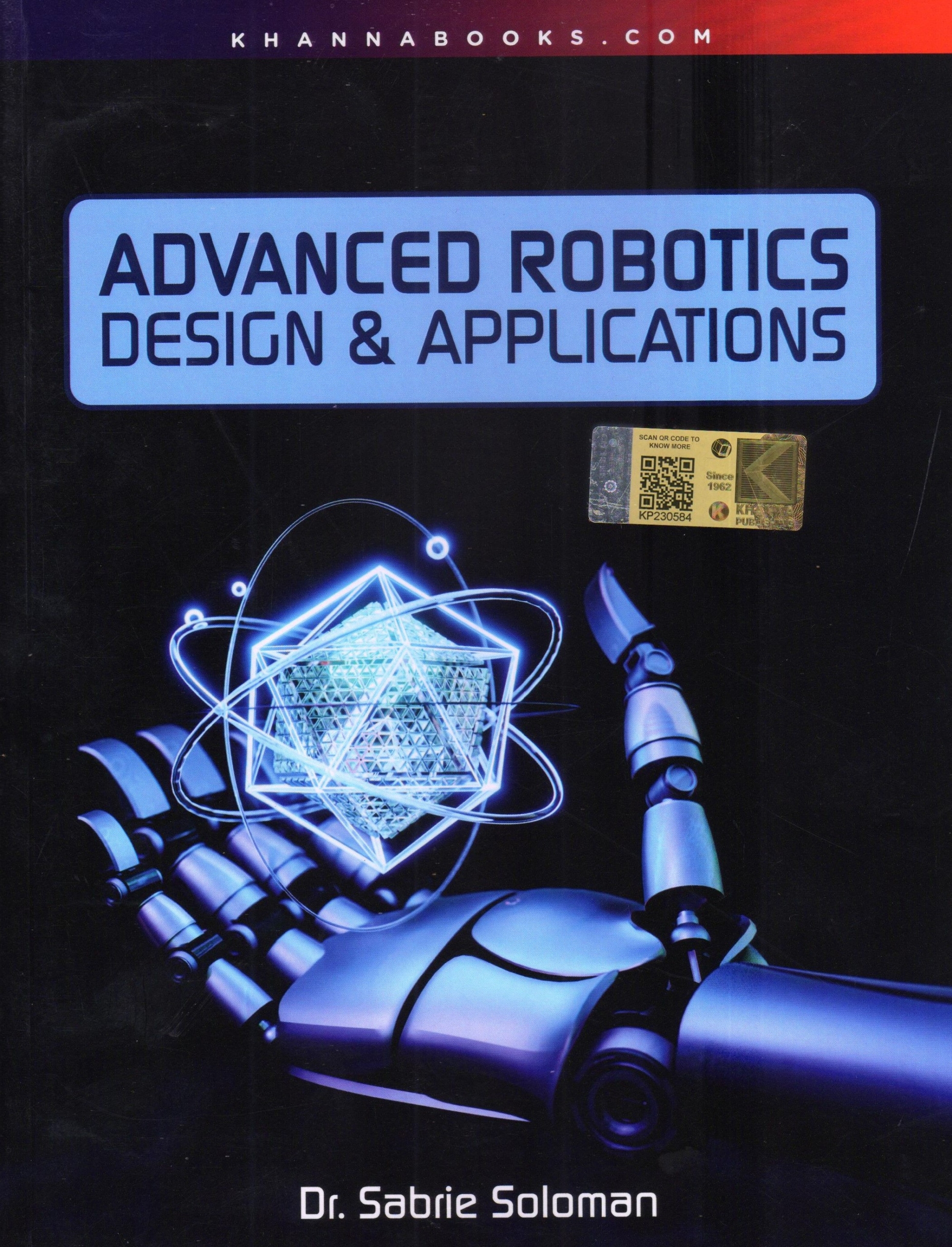Description
Compiler design
Compiler design is a subject which many believe to be fundamental and vital to computer science. It is subject which has been studied intensively since the early 1950’s and continues to be an important research field today. It is intended for both students and practitioners, retaining its appeal as a guide to the industry professional and a comprehensive introduction to the student at the upper level undergraduate or first year graduate level. This book will be useful for student of BE (Computer/Electronics), B. Tech, ME(Computer/Electronics), M. Tech, MCA, BCA, M.Sc., B.Sc., and also to students pursuing A/B/C-level course of DOEACC.
Salient Features
- Gives an introduction the basics of compiler design
- Describes the lexical and syntax analysis.
- Deals with symbol table management.
- Describes the storage management.
- Gives the details of code generation and optimization.
- Gives a detailed explanation of various types of compilers.
- Gives a case study of YACC and its implementation.
Table of Contents
Dedicati0on
Acknowledgement
Preface
- BASICS OF COMPILERS
- LEXICAL ANALYSIS
- SYNTAX ANALYSIS
- SYMBOL TABLE HANDLING
- STORAGE MANAGEMENT
- INTERMEDIATE CODE GENERATION
- CODE GENERATION
- CODE OPTIMIZATION
- TYPES OF COMPILERS
CASE STUDY
OBJECTIVE TYPES OF QUESTIONS & ANSWERS
Author
Dr. Ikvinderpal Singh is an Assistant Professor at Trai Shatabdi Guru Gobind Singh Khalsa college Amritsar, bringing 17+ years of academic leadership and research experience to the field of computer science. A Gold Medalist in B.Sc. IT, with an MCA (Distinction) and a Ph.D. in Neural Networks and Image Processing, he is known for blending rigorous research with practical innovation. A prolific academic creator, he has authored 37 books, published 82+ research papers, and designed 100+ industry-aligned skill-development courses. His expertise extends to doctoral evaluation, supervision, and active participation on 100+ editorial and review boards worldwide.
Sapandeep Kaur Dhillon is an assistant professor in the department of computer science, Guru Nanak Dev University, Amritsar, bringing 12+ years of dedicated academic experience to the discipline. She has authored 4 books, published 10+ research papers across national and international journals, reflecting her steady engagement with emerging trends in computing. Her academic interests span data structures, Compiler Design, and Artificial Intelligence, where she integrates foundational theory with practical, algorithmic thinking.































Reviews
There are no reviews yet.